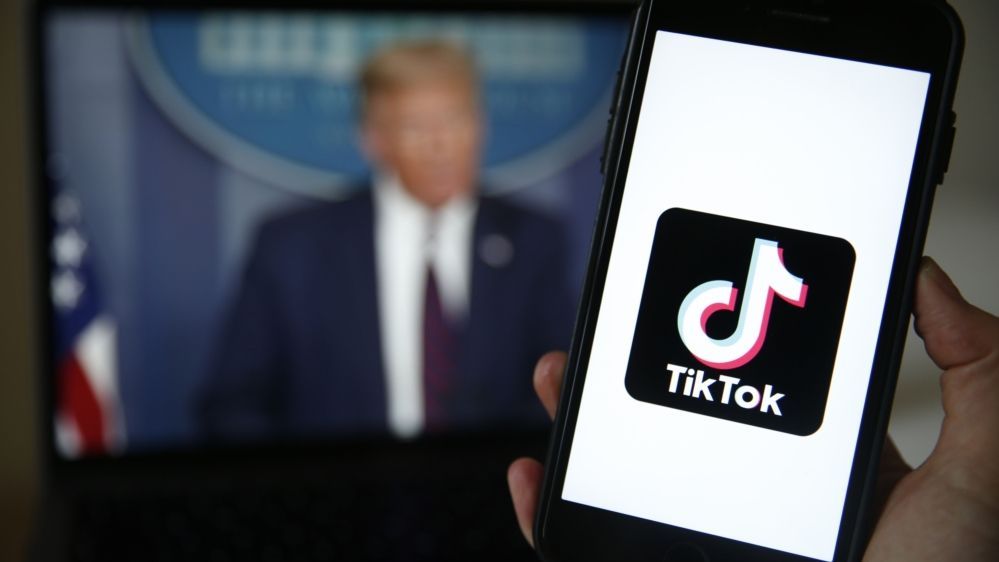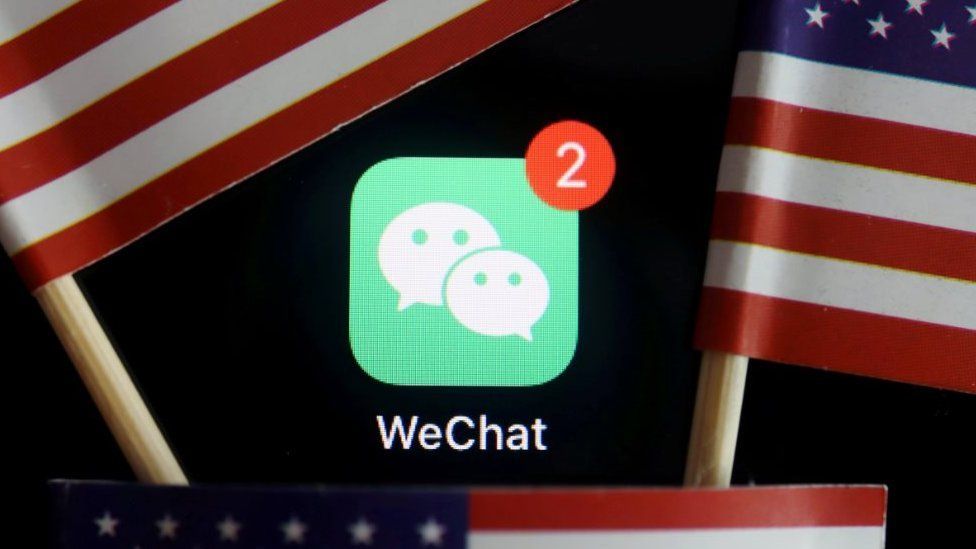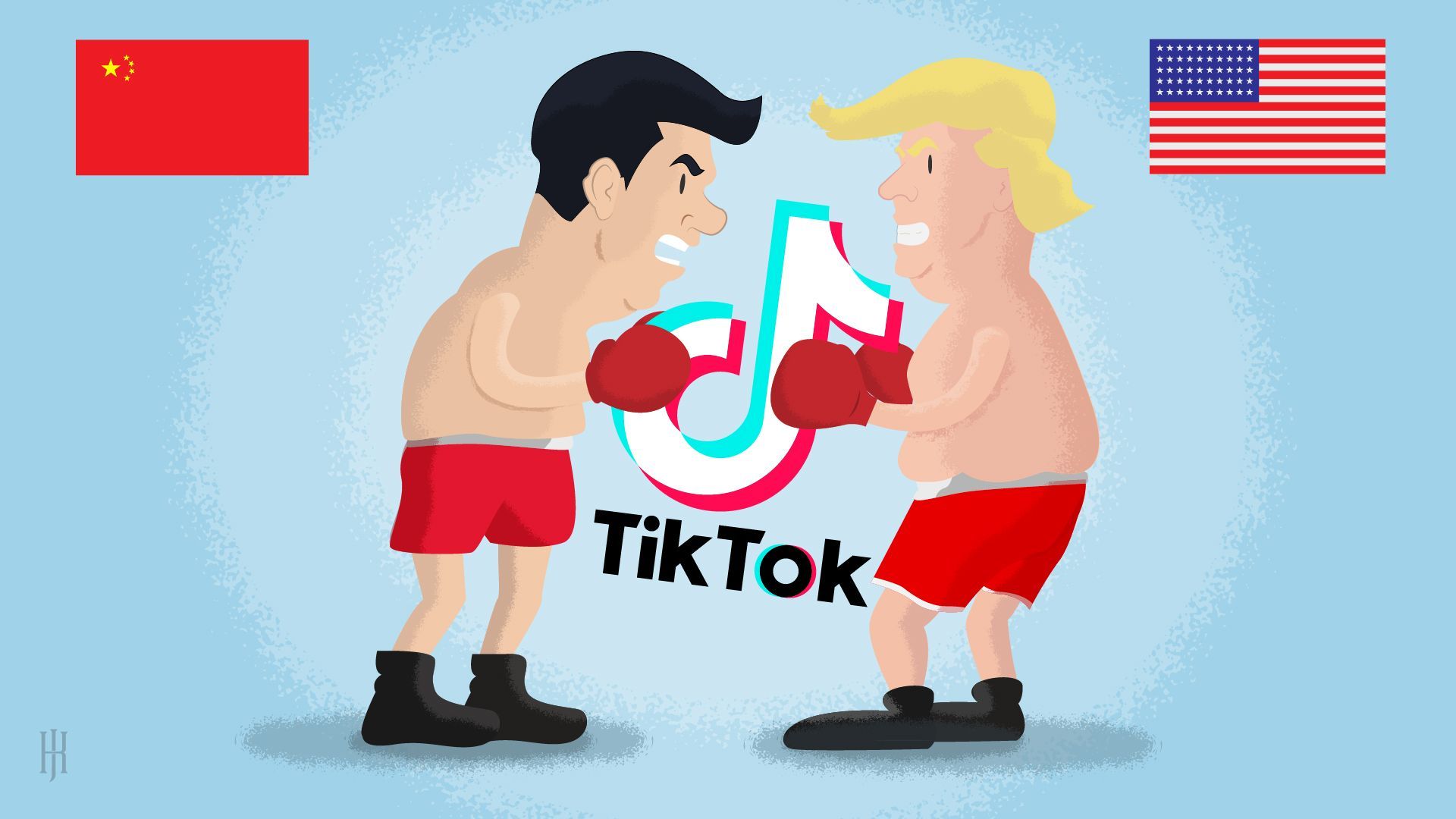TikTok and WeChat escape ban from the US...for now
In the late hours of Saturday, Trump gave his “blessings” to the deal between TikTok and the US firms Oracle and Walmart Inc. On his way to his rally at North Carolina, Trump said, “I have given the deal my blessing. I approve the deal in concept.”

On the afternoon of September 18, the internet went ablaze with the shocking news of TikTok’s ban from America.
The US Commerce Department announced the ban on Friday morning. Over the past few weeks, there has been tension between TikTok and the Trump administration, with the latter pressuring the former into selling itself to a US-owned company, because the Trump administration deemed TikTok a security threat that exposes the data of its American users to the Chinese government.
The ban was announced as the Trump administration continued to peruse the deal between TikTok and Oracle. The deal would make Oracle TikTok’s technology partner and make it a minority stakeholder in the video-sharing app. The deal was a deviation from Trump’s preferred response from TikTok. Many onlookers speculated that the ban was a nudge from the administration for TikTok to continue working towards full American ownership.
During the announcement, the Commerce Secretary said:
“At the President’s direction, we have taken significant action to combat China’s malicious collection of American citizens’ data, while promoting our national values, democratic rules-based norms, and aggressive enforcement of U.S. laws and regulations.”
According to the released statement, TikTok users in the US would be unable to update the app from the various Apps Stores, while new users would be unable to download it. This would ideally lead to a gradual decline in users until the app was completely banned on November 12.
TikTok, in its statement, said it disagreed with the decision from the Commerce Department and was disappointed that it stood to block new app downloads.

Another Chinese-owned app, WeChat, was also banned. Unlike TikTok, whose complete ban comes into effect on November 12, WeChat's ban came into effect on September 20. The messaging and payments app received its ban citing similar security issues as TikTok.
Tencent, the parent company of WeChat, described the ban as "unfortunate," but it made no explicit statement of fighting back.
The sudden ban of these apps was immediately criticized by the American Civil Liberties Union (ACLU) as a violation of the first amendment of the American constitution, which states that.
“Congress shall make no law respecting an establishment of religion, or prohibiting the free exercise thereof; or abridging the freedom of speech, or of the press; or the right of the people peaceably to assemble, and to petition the Government for a redress of grievances.”
In a series of tweets on their official Twitter page, they stated that the order issued "violates the First Amendment rights of people in the United States by restricting their ability to communicate and conduct important transactions on TikTok and WeChat."

A TURNING POINT
In the late hours of Saturday, Trump gave his "blessings" to the deal between TikTok and the US firms Oracle and Walmart Inc. On his way to his rally at North Carolina, Trump said, "I have given the deal my blessing. I approve the deal in concept." This 'blessing' only holds if TikTok's deals with Oracle and Walmart are finalised before November 12.
ByteDance has welcomed Trump's approval of the deal and move on to overcome a second hurdle- the Chinese government's approval of the said deal.
WeChat also received its own silver lining when a US magistrate court blocked the administration's attempt to ban the app. The ban, which was supposed to take effect at midnight on Sunday, has now be halted. The ruling was given in response to a group of WeChat users who filed a lawsuit challenging the ban.
The series of alternating and conflicting moves only seems to increase the uncertainties for Americans and could be breeding new problems.
According to a post by Bloomberg, many Chinese-speaking Americans use WeChat to keep in touch with their families in China. In the event of a ban, they would have to use a VPN to camouflage their location and make them seem like they are in a different location.
Some VPN providers offer free services and make their money by collecting data on users' internet usage and selling the collected data to 3rd party buyers. Many of these popular VPN providers are outside the borders of America.
One begins to wonder if the US is solving one problem just to create another.






